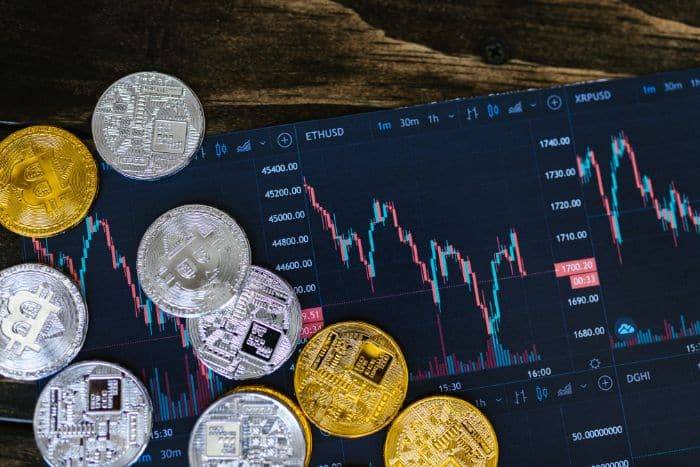The blockchain can reduce problems and increase trust in supply chains by providing detailed information. Websites like the bitcoin motion cloud serve the best UI and trading tools suitable for novices and professional bitcoin traders. Several companies have transitioned to blockchain systems and seen positive results.
In this post, we’ll discuss how blockchain technology can help track products through their supply chain and why this is beneficial for quality assurance purposes. The below-mentioned portion also examines companies’ challenges when implementing such a system. The supply chain is a complex network that gathers products from one factory to the next, and the company has to ensure that each step of the chain is carried out accurately.
The first obstacle for blockchain for supply chain efficiency comes from identity verification. It is only elementary to extract information about a product when it holds a specific identity in its current form. Several companies have already solved this by using a third party, an organization famous for making it possible to authenticate data generated digitally. This system manages information such as people’s names and phone numbers but doesn’t store credit card numbers or any other sensitive data required by businesses.
Blockchain for the supply chain can be a valuable solution to B2B issues, despite several impediments to the widespread implementation of such a technology. For example, integrating blockchain into a business’s existing IT infrastructure could be beneficial. The process of setting up a blockchain is expensive and time-consuming. However, in most cases, it quickly pays for its costs through higher efficiency and improved profits. The following section explains how blockchain works to improve supply chain efficiency and how it can help to solve problems.
Blockchain improvement for supply chain
Blockchain can revolutionize the way products are tracked throughout their life cycle. The technology was initially developed by a developer with Bitcoin’s cryptocurrency in mind, but it has evolved into a more versatile system that companies across many industries can use.
Product History Traceability
Supply chains are complicated systems, and it’s hard to keep track of products that are distributed over several different factories. So product histories are necessary: The more information about a company’s product, the easier it will be to identify precisely where people made it. A smartphone app that tracks a product through its entire life cycle could be useful for companies in different industries.
It could provide product history traceability for forest products, for example. This information would remain secure and unalterable and ensure that employees know the origin of their supplies. Blockchain technology improves product history traceability by tracking products at every step between the manufacturer and the retailer.
Blockchain for supply chain transparency
Supply chain transparency is also an issue for consumers, who have a right to know precisely what they’re buying. Blockchain ensures supply chain transparency by recording all changes made to a product’s history in an unalterable ledger, which anyone can access. This system verifies that a company sells certified merchandise, not counterfeits. Supply chain transparency will significantly increase consumer confidence in businesses worldwide since it can help prevent food fraud and other types of cheating.
How can blockchain improve the quality of products?
- by reducing the percentage of counterfeit products:
In the past, companies have required their suppliers to administer relevant product quality tests to verify a product’s identity before it leaves the factory. The test is used to check that the product doesn’t contain any diseases and to ensure that it contains all of the appropriate ingredients. People can use blockchain at the transformational level to secure such testing by updating information about a product’s history at every step during its production, transportation and supply chain. It would make for a more precise system for identifying products and ensure that untrustworthy factories are not allowed near food supplies or any other manufacturing unit.
When a product has a unique and verifiable history, companies can use the information to track it through the supply chain. Additionally, the technology can prevent counterfeits from entering the supply chain by enabling them to be identified and prohibited from sale.
- by improving safety:
The continued growth of blockchain systems allows producers to ensure that all ingredients in their food or medicine are genuine and safe. In most cases, blockchain will allow companies to trace their products to their origin without relying on third-party service providers like GPS tracking devices or barcodes. In addition, it guarantees complete reliability when preventing third-party fraudsters from entering their supply chain and making fraudulent products ready for sale.
- by eliminating data request and transactions fees:
Supply chain management is costly for all involved parties, but especially for large corporations that need to store thousands of products in their warehouses. Blockchain could help organizations overcome their logistical headache since the technology does away with transaction fees and allows companies to pay for each transaction using cryptocurrency instead. As a result, it will make it possible for organizations to process millions of transactions yearly without additional costs.

